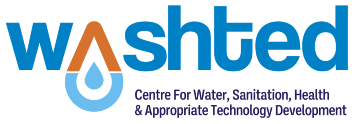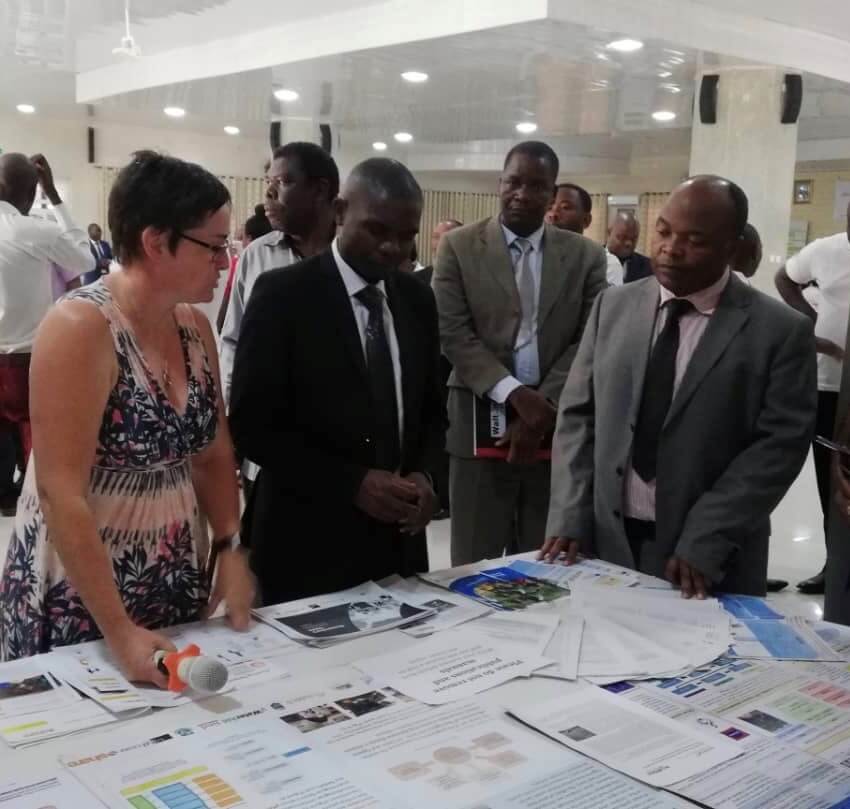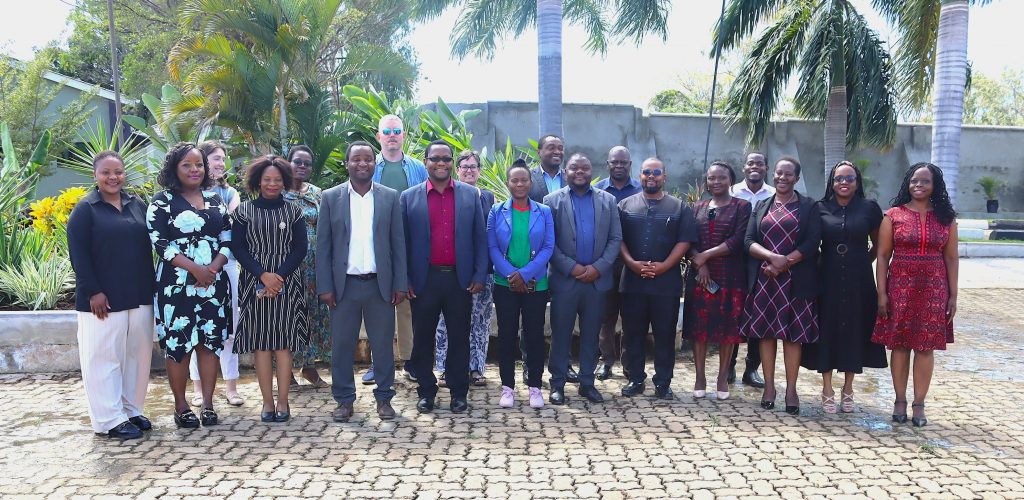
The national Guardian Waiting Shelters (GWS) study launch was a significant event that brought together key local stakeholders from across Malawi. This national-wide GWS study – led by the Malawi University of Business and Applied Sciences (MUBAS) through WASHTED Centre in collaboration with University of Strathclyde, and the London School of Hygiene and Tropical Medicine (LSHTM) aims to co-develop hygiene guidelines and integrate GWS into healthcare facility water, sanitation and hygiene (WASH) standards and policy frameworks.
Hosted by WASHTED, the one-day event took place on 16 May 2025 at Mogfords Lake Resort in Mangochi. The event was attended by representatives from government ministries: Ministry of Health, and Ministry of Water and Sanitation, District Councils, NGOs, and the Civil Society.
Setting the scene for the event
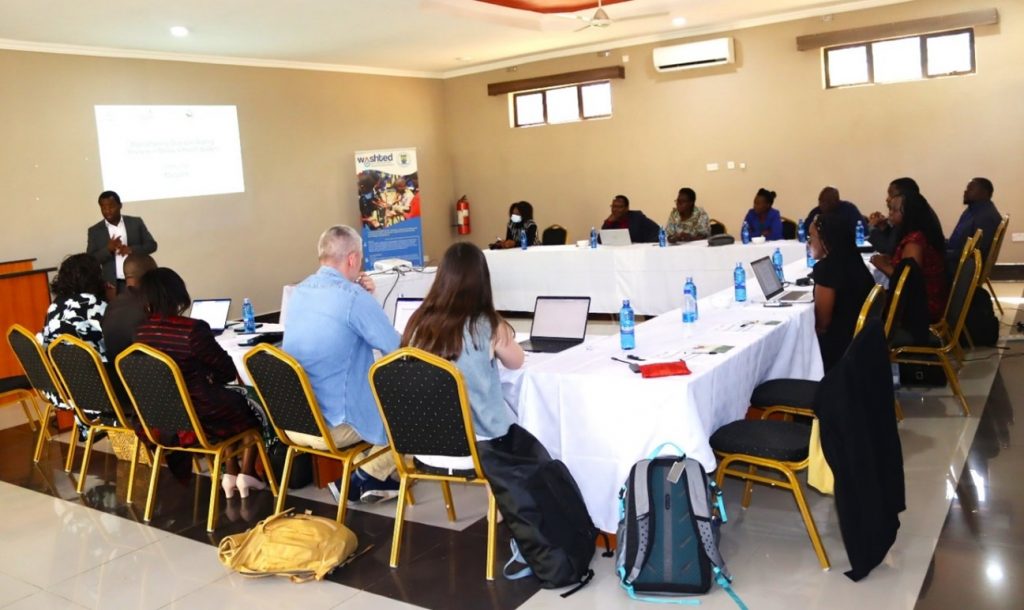
Highlighted aims of the event included:
- To introduce the national GWS study
- To solicit feedback on the research activities and gather input on research tools and methods
- To agree on the Terms of Reference for the GWS Research Technical Team
Setting the tone, a short presentation was made on the key findings from previous research in GWS also funded by the Reckitt Global Hygiene Institute (RGHI) which highlighted critical gaps in infrastructure and service delivery in GWS of Southern Malawi.
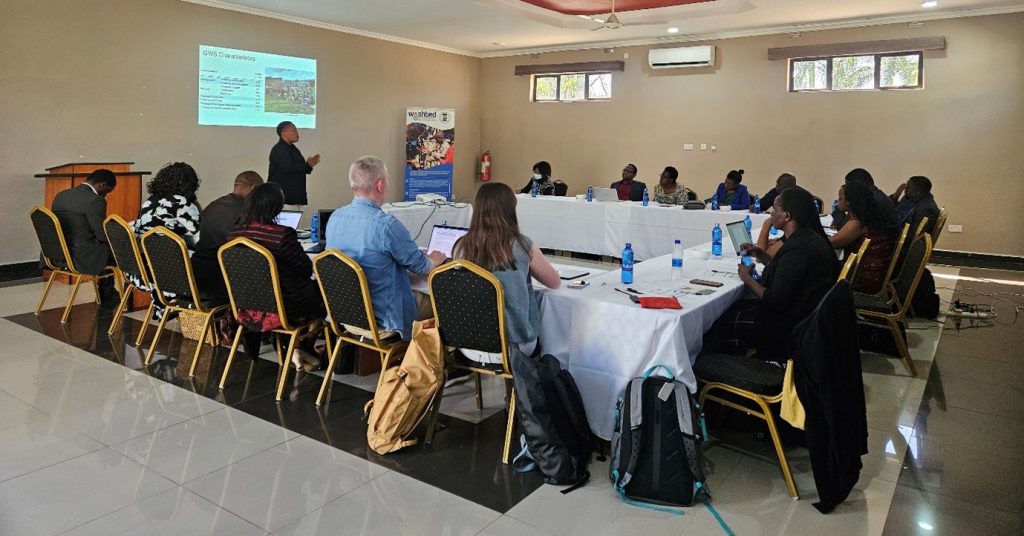
After the presentation, we handed out printed copies of the policy brief and our study manuscript to all the delegates.
The Ministry of Health highlighted on the key aspects of WASH and IPC in healthcare facilities; including the WASH challenges in healthcare facilities and GWS.
Dr Kondwani Chidziwisano, Professor Robert Dreibelbis and Professor Tracy Morse, research leads from MUBAS, LSHTM and the University of Strathclyde respectively introduced all the components of the national GWS study. This provided an opportunity for members to discuss key points of the study including inclusion of other stakeholders e.g. district council representatives to be part of the Research Technical Team.
Using the world café approach, participants discussed three key areas:
- Rapid Assessment Input
- Policy and Strategy Review
- Stakeholder Mapping
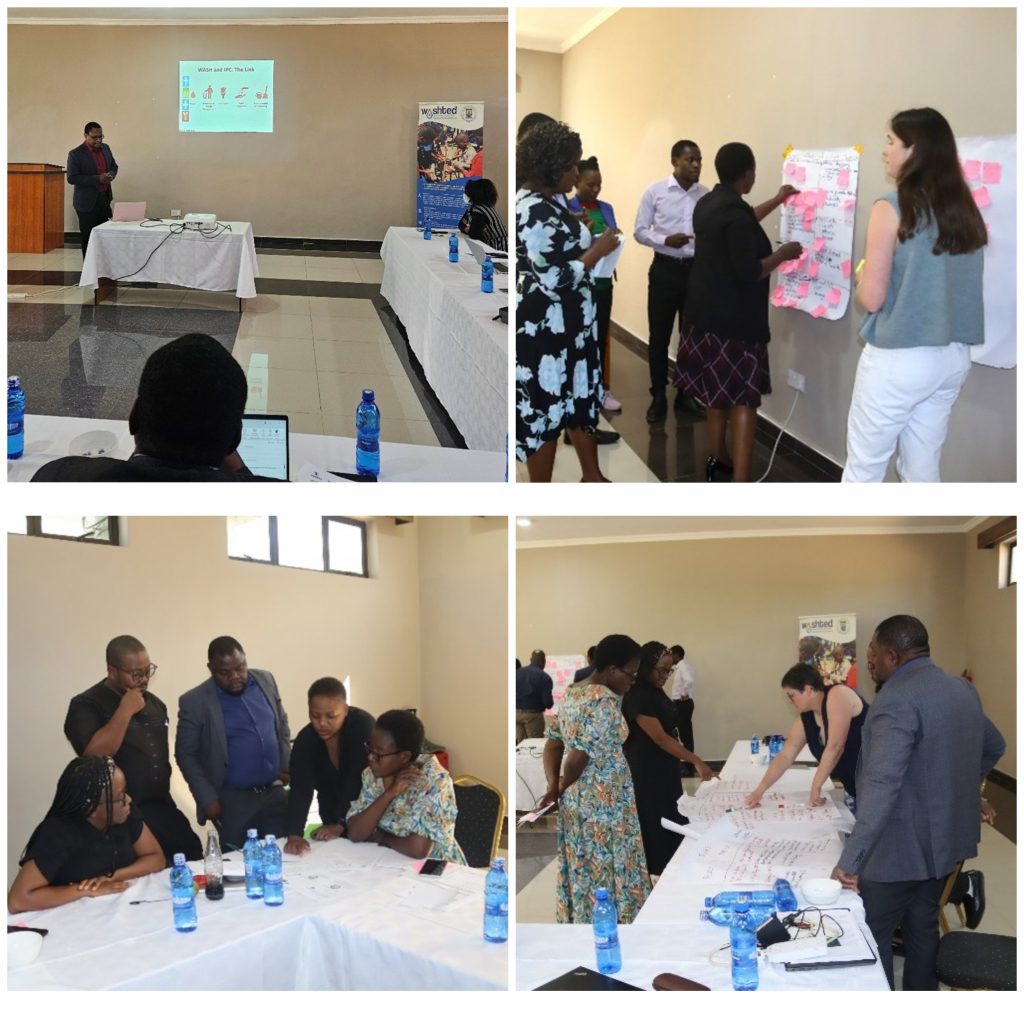
With continued engagement and support, this milestone is promising to improving hygiene in GWS for preventing disease transmission within the healthcare facilities and communities in Malawi.
